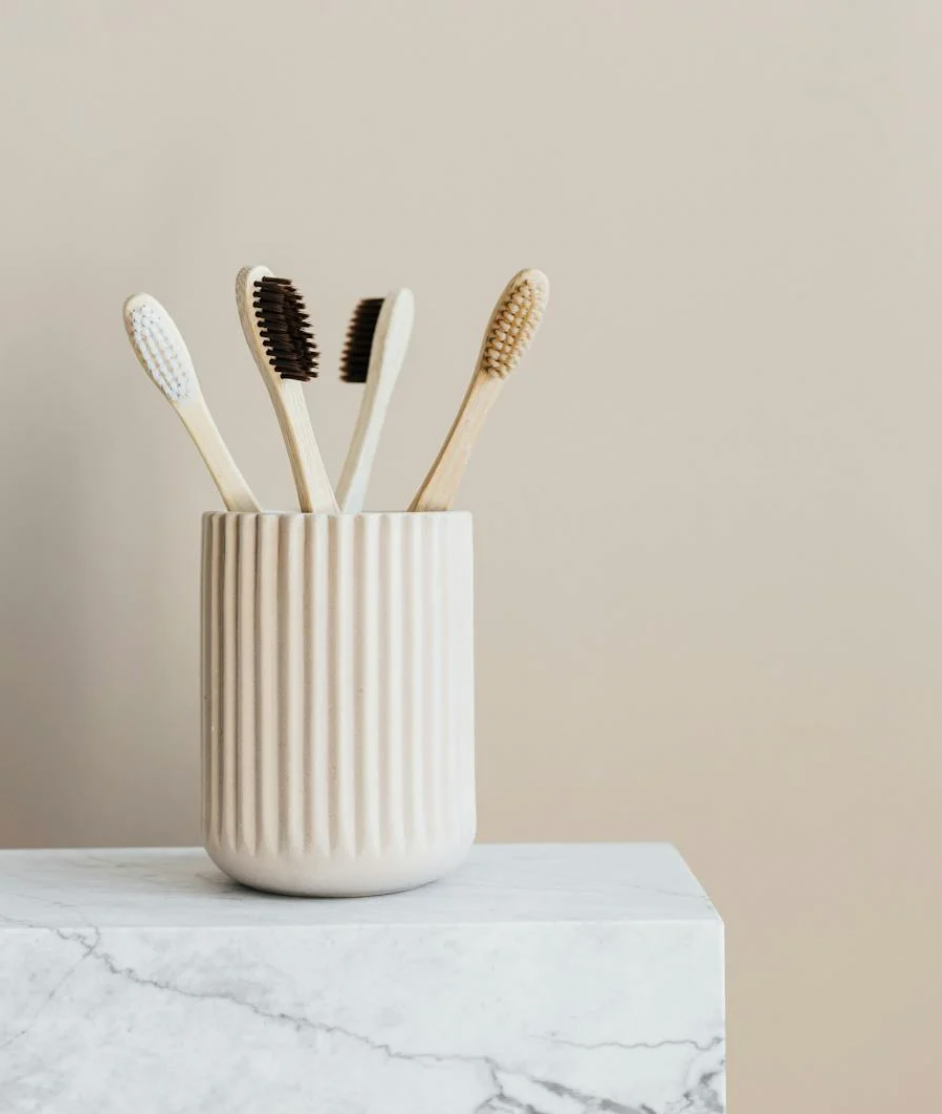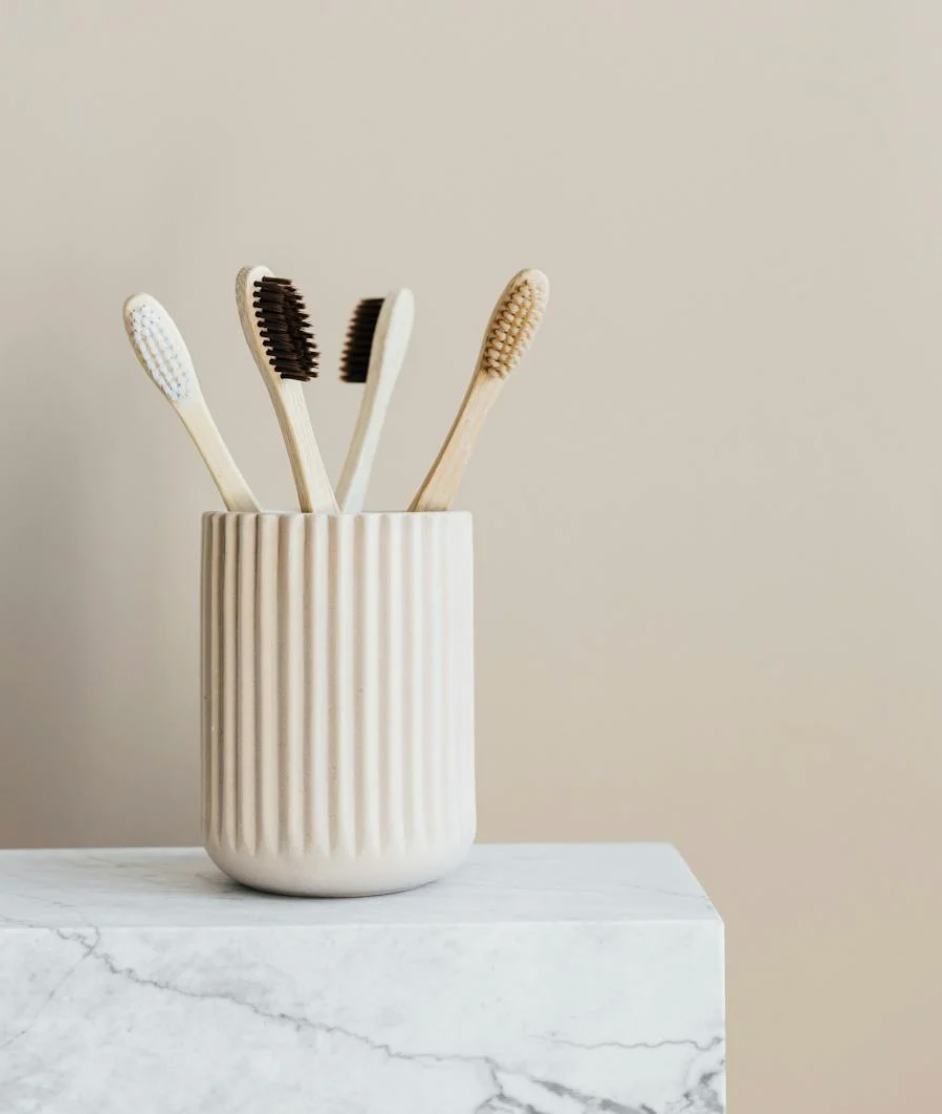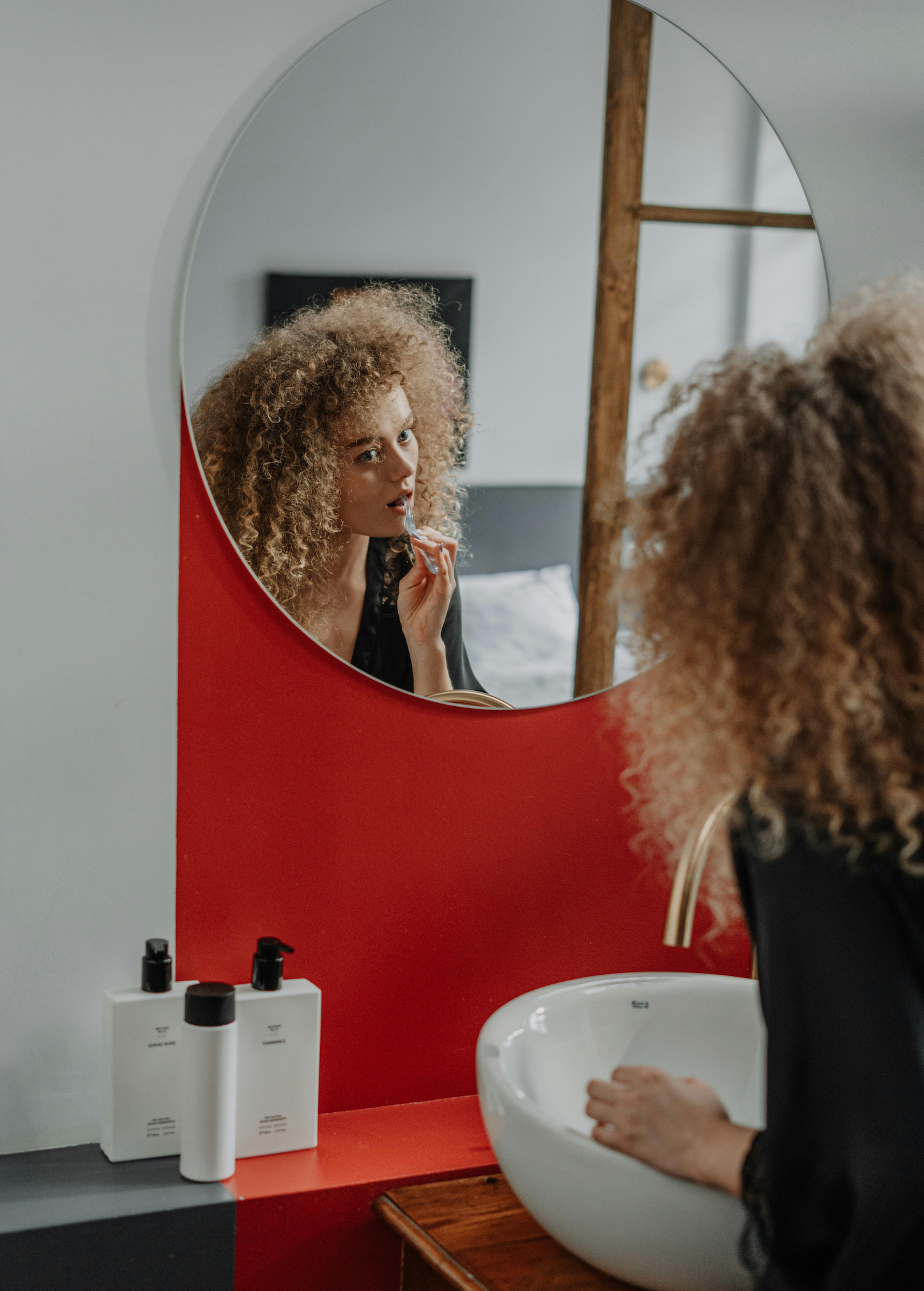Your radiant smile starts with a healthy mouth. If you have cavities, bad breath and plaque, you can forget about that fresh smile. Tackle it at the source: brush well with the right toothbrush! The electric toothbrush has become an indispensable part of the average household. But why exactly? Are they that effective? And better than the regular manual toothbrush?
Why choose an electric toothbrush?
- Efficient in cleaning - electric toothbrushes use rotating and oscillating movements. These movements help remove plaque and bacteria, so you reduce the risk of tooth decay and gum disease.
- Easy to use - an electric toothbrush does the movements for you, so you avoid missing awkward corners. Move the brush head over your teeth and gums so the brush can do the work. This is also a great addition for children and people with reduced mobility.
- Timer function - if you have a slightly more expensive toothbrush, you probably have a timer. This indicates when you have brushed optimally and for long enough. This makes it easier for you to stick to your brushing routine and reduces the risk of dental problems.
- Brushing modes - I don't know if you have this too, but I have a toothbrush with brushing modes. Whether you want a thorough cleaning, whiter teeth or massage your gums; there is a position for it!
Is electric brushing better than manual brushing?
Electric brushes offer many benefits, but manual toothbrushes are just as good. Don't know what to go for? Consider the following differences:
- A manual toothbrush is cheaper, making it an excellent choice, especially for large families or people on a small budget;
- Many people prefer the simplicity of a manual toothbrush. It gives you the feeling that you are more in control, but make sure that you include all teeth in a cleaning session!;
- Electric toothbrushes have a battery and that is not very durable. You have to produce and charge them, which makes a manual toothbrush more environmentally friendly.
Which toothbrush do you prefer to use?
Read more

Whitening toothpaste sounds plain and not that entertaining, so how can we write an article about this? Well, leave it to us! If you have ever stood in the store, in front of the toothpaste shelf,...

If you regularly go to the dentist, you are familiar with this treatment. They use all possible grinders, drills and brackets to remove the dirt from your teeth. Tartar is a real obstacle to oral ...



